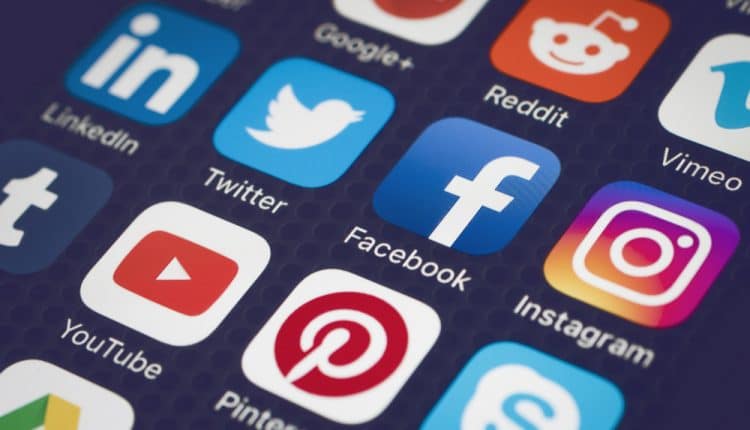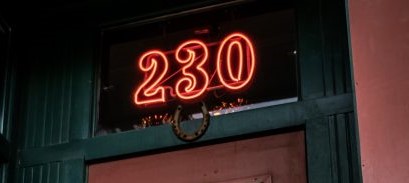
What is Section 230?
Section 230 of the 1996 Communications Decency Act, is a law that protects online platforms such as YouTube, Facebook, and Twitter from being held liable for content generated by users, in the way newspapers are liable for articles they publish.
#Section230
Section 230 of the 1996 Communications Decency Act, is a law that protects online platforms such as YouTube, Facebook, and Twitter from being held liable for content generated by users, in the way newspapers are liable for articles they publish.
#Section230

Section 230 also allows social platforms, so long as they act in "good faith," to moderate their services by removing content that is offensive or "objectionable."
However, it does not shield from liability for copyright violations or certain types of criminal acts. #Section230
However, it does not shield from liability for copyright violations or certain types of criminal acts. #Section230

In the early days of the internet, site owners were being sued by high-profile companies to suppress criticism.
One famous lawsuit was against the online service Prodigy, which was found liable by the court for allegedly defamatory comments by a user. Politicians worried such...
One famous lawsuit was against the online service Prodigy, which was found liable by the court for allegedly defamatory comments by a user. Politicians worried such...

...liabilities would discourage newly forming online services, and that's how Section 230 was born.
It allowed tech companies to experiment by eliminating liability risk, but as their influence & size grew, lawmakers questioned if more regulation is needed to limit their power.
It allowed tech companies to experiment by eliminating liability risk, but as their influence & size grew, lawmakers questioned if more regulation is needed to limit their power.

The problems around Section 230 are mostly about which content/posts social platforms allow to stay and which they choose to remove. The rancor around this matter had some politicians, both Republicans and Democrats, call for the law to be revoked or reformed.
#Section230
#Section230

Both Trump and Biden called for Section 230, the internet's most pivotal law that provides media companies a broad legal immunity, to be revoked this year.
What do you think? Do you believe Section 230 should be repealed?
Let's hear your voice!
#Section230
What do you think? Do you believe Section 230 should be repealed?
Let's hear your voice!
#Section230
• • •
Missing some Tweet in this thread? You can try to
force a refresh



